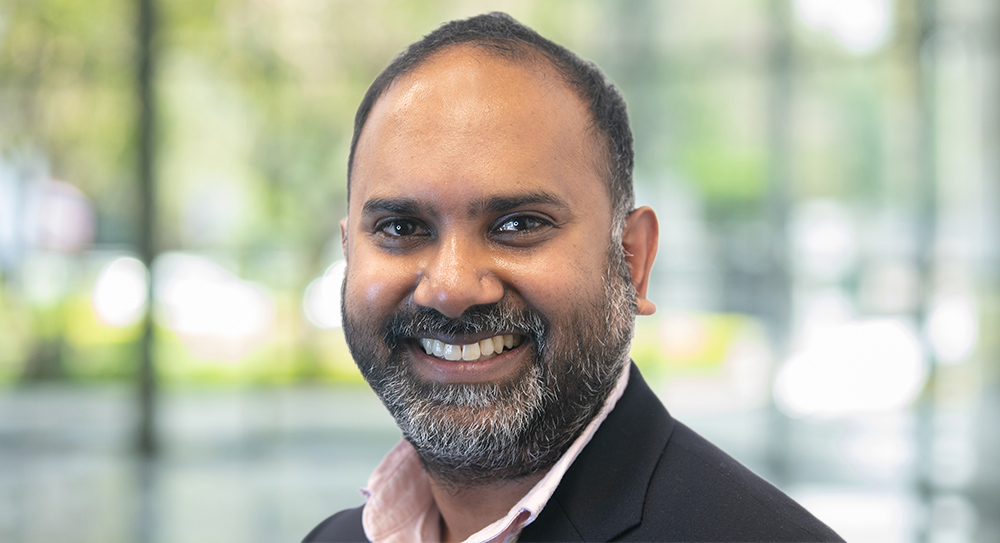Growing pains
Fund managers appear to be growing increasingly unsatisfied with their fund administrators. Common complaints include archaic data portals, overly manual processes, high levels of staff churn and poor client...
Categories: AnalysisFundraising & fund structuringDomicilesOutsourcingFund administrationTechnologyTech providers






